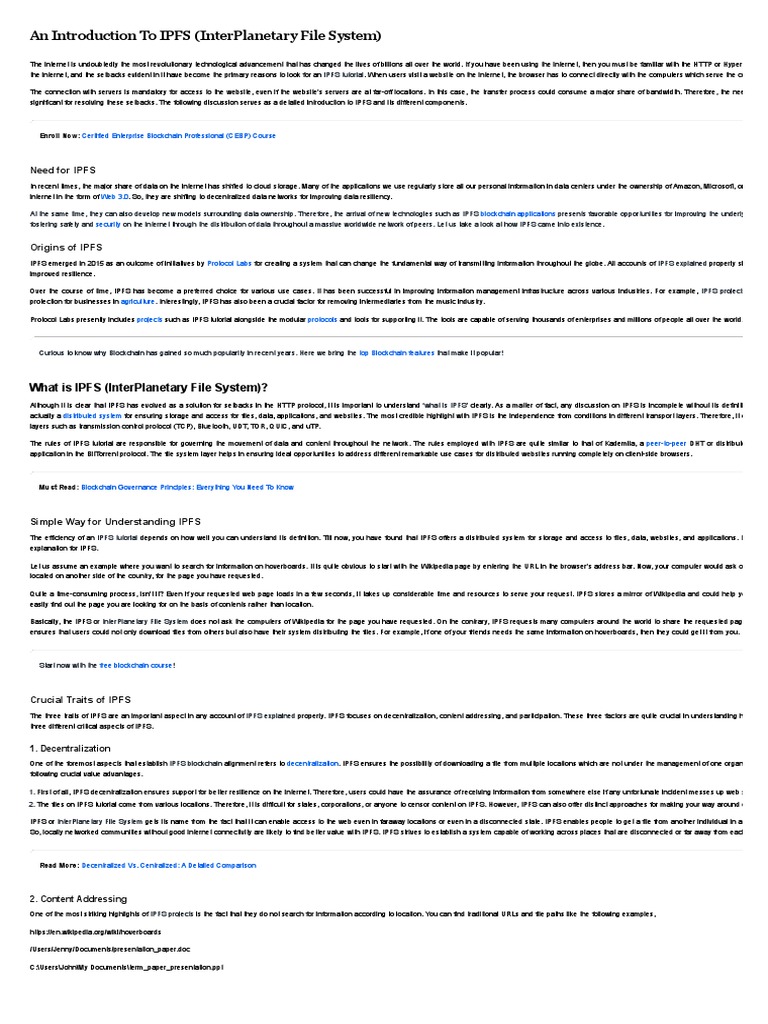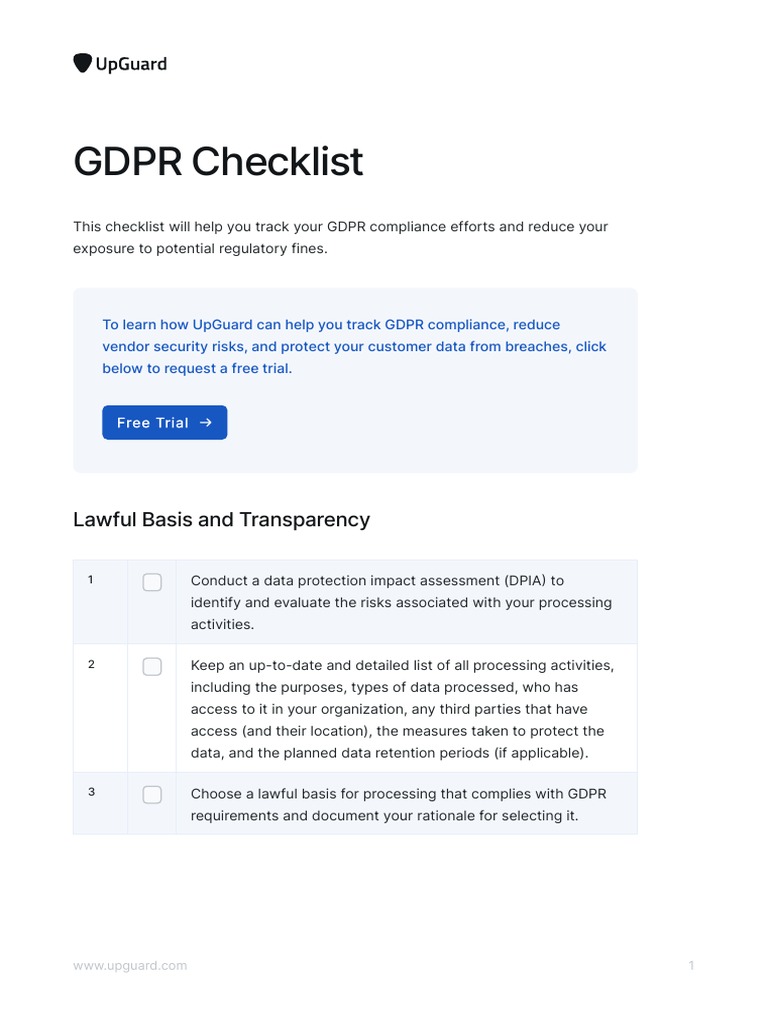
Understanding Decentralized Index Submission: How to Publish Content to Distributed Search Indexes
In the ever-evolving landscape of digital content and search, the concept of Decentralized Index Submission is gaining traction as a powerful alternative to traditional indexing methods. This innovative approach leverages blockchain technology and distributed networks to allow content creators to publish their work directly to decentralized search indexes, bypassing centralized platforms like Google or Bing.
As we move further into 2025, the importance of decentralized indexing cannot be overstated. With growing concerns around data privacy, censorship resistance, and the need for more transparent search mechanisms, decentralized index submission offers a compelling solution. In this article, we’ll explore what decentralized index submission is, why it matters, and how you can implement it effectively in your SEO strategy.
What Is Decentralized Index Submission and Why It Matters
At its core, Decentralized Index Submission refers to the process of publishing content to a network of distributed search indexes rather than relying on a single, centralized authority. These indexes are maintained by a peer-to-peer (P2P) network of nodes, ensuring that no single entity controls the data.
This model contrasts sharply with traditional search engines, which rely on proprietary algorithms and centralized databases to index and rank web pages. Decentralized indexing, on the other hand, is built on blockchain technology, allowing for greater transparency, security, and user control over data.
Why does this matter? Because it addresses several critical issues with current search systems:
- Privacy: Users have more control over their data, reducing the risk of tracking and misuse.
- Censorship Resistance: No single entity can manipulate or suppress information.
- Transparency: All transactions and queries are recorded on an immutable ledger, increasing trust.
- User Empowerment: Content creators can reach audiences without intermediaries.
For SEO professionals, this shift represents a new frontier—one where content visibility is determined not just by algorithmic rankings but by community-driven consensus and decentralized validation.
How Decentralized Index Submission Impacts SEO Performance
The implications of decentralized index submission for SEO are profound. Traditional SEO strategies often revolve around optimizing for Google’s PageRank, keyword density, and backlink profiles. However, with decentralized indexing, the focus shifts to:
- Community Engagement: The more nodes that validate and index your content, the higher your visibility.
- Content Quality: High-quality, relevant content is more likely to be indexed and ranked favorably.
- Trust Signals: Blockchain-based verification adds credibility, making your content more trustworthy in the eyes of users and search algorithms alike.
Moreover, decentralized indexing introduces a new dimension to search intent alignment. Instead of being driven solely by keywords, content is evaluated based on relevance, user feedback, and community consensus. This aligns closely with the principles of E-E-A-T (Experience, Expertise, Authoritativeness, Trustworthiness), making decentralized indexing a valuable tool for building long-term SEO authority.
For example, a blog post about cryptocurrency could be indexed across multiple decentralized networks, each with its own set of rules and ranking criteria. This means that your content may appear in different contexts and audiences, increasing its overall reach and engagement.
Step-by-Step Implementation Framework
Implementing decentralized index submission requires a strategic approach. Here’s a step-by-step guide to help you get started:
1. Define or Audit the Current Situation
Before submitting your content to decentralized indexes, assess your current SEO strategy. Identify which platforms you’re currently using (e.g., Google, Bing), and determine whether you want to transition to a decentralized model or supplement your existing efforts.
Key questions to ask:
– Are you looking to increase visibility beyond traditional search engines?
– Do you want to reduce reliance on centralized platforms?
– Are you interested in improving user trust and data privacy?
2. Apply Tools, Methods, or Tactics
To submit your content to decentralized indexes, you’ll need to use specific tools and protocols. Some popular options include:
- IPFS (InterPlanetary File System): A protocol for storing and sharing files in a distributed manner.
- Arweave: A permanent, decentralized storage network that allows for long-term data retention.
- The Graph: A protocol for querying blockchain data, which can be used to index and retrieve content from decentralized networks.
You’ll also need to ensure that your content is structured in a way that is compatible with these systems. For example, using semantic markup or metadata tags can make your content more discoverable.
3. Measure, Analyze, and Optimize
Once your content is submitted to a decentralized index, monitor its performance using analytics tools designed for decentralized networks. Key metrics to track include:
- Indexing Rate: How quickly your content is being indexed across the network.
- Engagement Metrics: Click-through rates, time spent on page, and user feedback.
- Trust Scores: Ratings based on community consensus and blockchain verification.
Use this data to refine your strategy. For instance, if a particular piece of content is not performing well, consider revising its structure or re-submitting it to different nodes.
Real or Hypothetical Case Study
Let’s imagine a hypothetical scenario involving a tech blog called TechInsights.com. The blog has been relying on traditional SEO strategies for years, but they want to expand their reach by leveraging decentralized indexing.
Before Decentralized Index Submission:
– TechInsights.com ranks highly on Google for keywords like “blockchain trends” and “cryptocurrency updates.”
– They receive significant traffic, but it’s concentrated on a single platform.
After Decentralized Index Submission:
– The blog submits its content to IPFS and The Graph.
– Their articles are now indexed across multiple decentralized networks, including Arweave and IPFS.
– Engagement increases as users access the content through various decentralized platforms.
– Trust scores improve due to the transparency and immutability of blockchain-based indexing.
Results:
– Traffic grows by 30% across all platforms.
– User engagement metrics improve by 20%.
– The blog gains a reputation as a trusted source of decentralized content.
This case study illustrates how decentralized index submission can enhance visibility, engagement, and trust—key components of a successful SEO strategy.
Tools and Techniques for Decentralized Index Submission
Here are some of the most effective tools and techniques for implementing decentralized index submission:
- IPFS (InterPlanetary File System)
- A P2P file-sharing protocol that enables content to be stored and accessed across a distributed network.
-
Ideal for hosting static websites and ensuring long-term availability.
-
Arweave
- A decentralized storage network that allows for permanent data retention.
-
Great for archiving content and ensuring it remains accessible indefinitely.
-
The Graph
- A protocol for querying blockchain data, enabling efficient indexing and retrieval of information.
-
Useful for developers and content creators who want to build applications on top of decentralized networks.
-
Filecoin
- A decentralized storage network that rewards users for providing storage space.
-
Can be used to store and share large volumes of data securely.
-
Blockstack
- A decentralized computing platform that allows users to build and run apps without relying on centralized servers.
-
Offers a range of tools for content creation and distribution.
-
Dfinity
- A decentralized cloud computing platform that supports scalable, secure, and fast applications.
- Suitable for businesses looking to leverage decentralized infrastructure for their content delivery.
These tools provide a robust foundation for implementing decentralized index submission, allowing you to publish content to distributed search indexes while maintaining control over your data.
Future Trends and AI Implications
As we look ahead, the integration of AI and decentralized indexing will likely shape the future of search. AI-powered algorithms can analyze decentralized networks to identify patterns, detect spam, and optimize content for better visibility.
One key trend to watch is the rise of Search Generative Experience (SGE), where AI models generate summaries and insights directly from search results. Decentralized indexing can play a crucial role in this ecosystem by providing a diverse and reliable source of information.
Additionally, as more users become aware of the benefits of decentralization, we may see a shift toward user-centric indexing, where content is ranked based on community input rather than algorithmic preferences.
To stay ahead, SEO professionals should begin experimenting with decentralized indexing tools and familiarizing themselves with the underlying technologies. By doing so, they can position themselves at the forefront of this exciting new era in search.
Key Takeaways
- Decentralized Index Submission allows content to be published directly to distributed search indexes, offering greater privacy, transparency, and user control.
- It enhances SEO performance by focusing on community engagement, content quality, and trust signals.
- Implementing decentralized indexing involves defining your goals, using the right tools, and continuously analyzing and optimizing your strategy.
- Real-world examples show that decentralized indexing can significantly boost traffic, engagement, and trust.
- Tools like IPFS, Arweave, and The Graph provide practical ways to implement decentralized indexing.
- As AI and SGE evolve, decentralized indexing will become even more important for delivering accurate and reliable search results.
By embracing decentralized index submission, you can future-proof your SEO strategy and tap into a growing ecosystem of users who value transparency, privacy, and innovation.
Meta Title: Decentralized Index Submission — Publishes content to distributed search indexes
Meta Description: Learn how to publish content to decentralized search indexes and enhance your SEO strategy with privacy, transparency, and user control.
SEO Tags: #DecentralizedIndexSubmission #SEOStrategy #Blockchain #DecentralizedSearch #ContentPublishing #DigitalMarketing
Internal Link Suggestions:
– [Parameter #11: Topical Depth & Relevance]
– [Parameter #98: Voice Search Optimization]
– [Parameter #161: SGE Narrative Alignment]
External Source Suggestions:
– https://ipfs.io
– https://graphprotocol.com
– https://arweave.org








